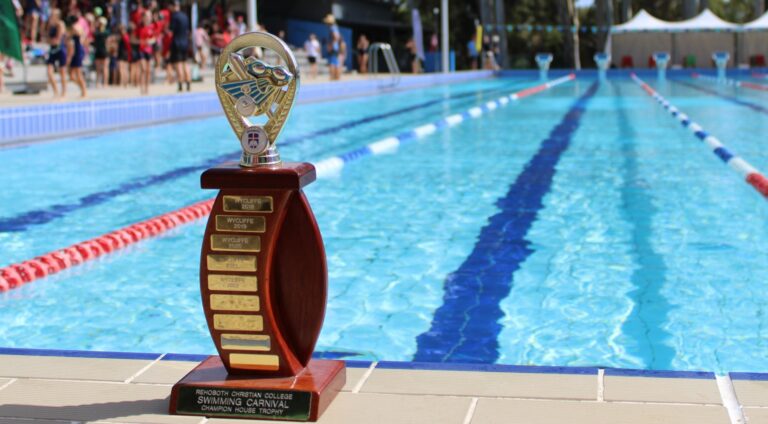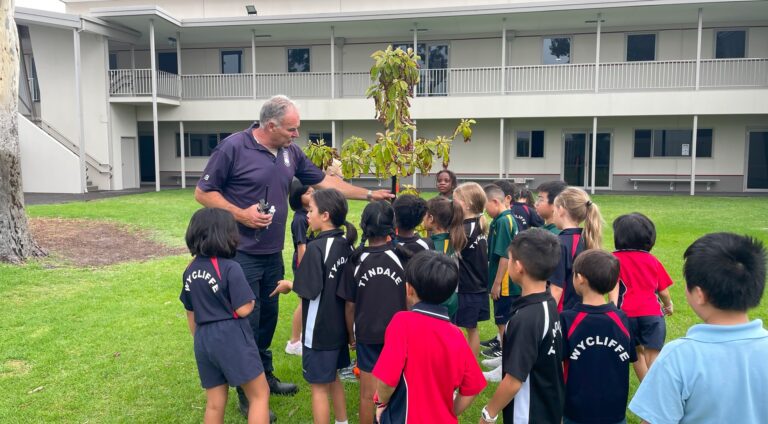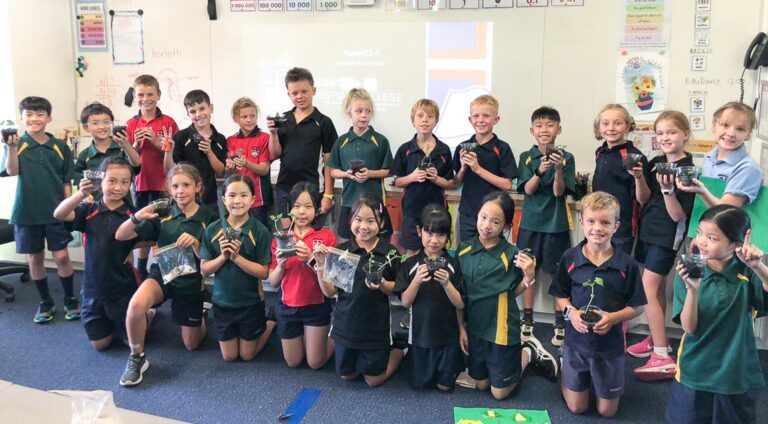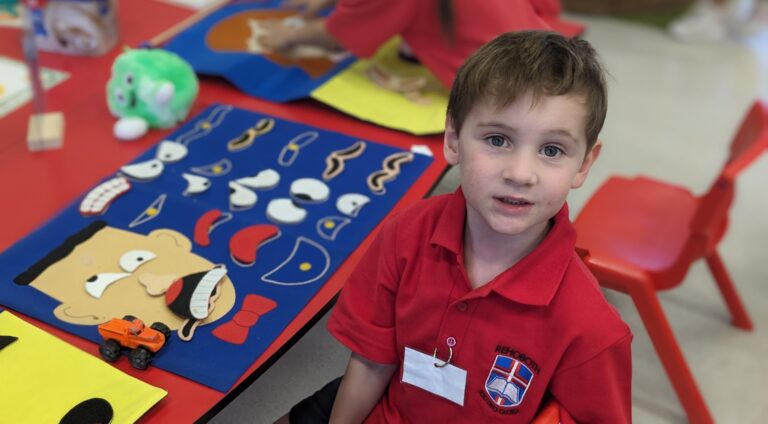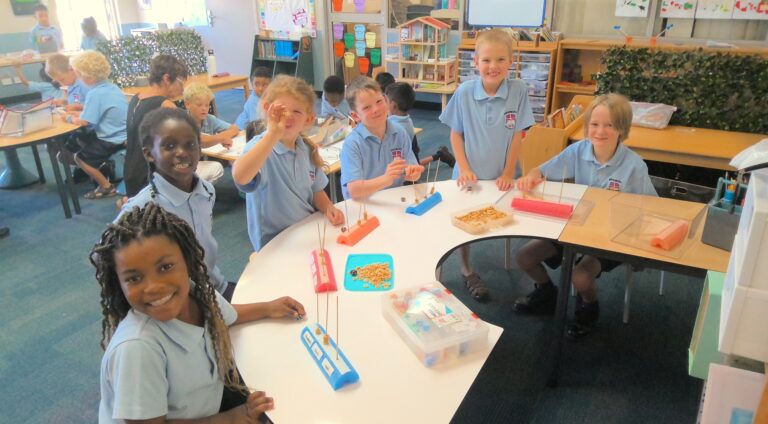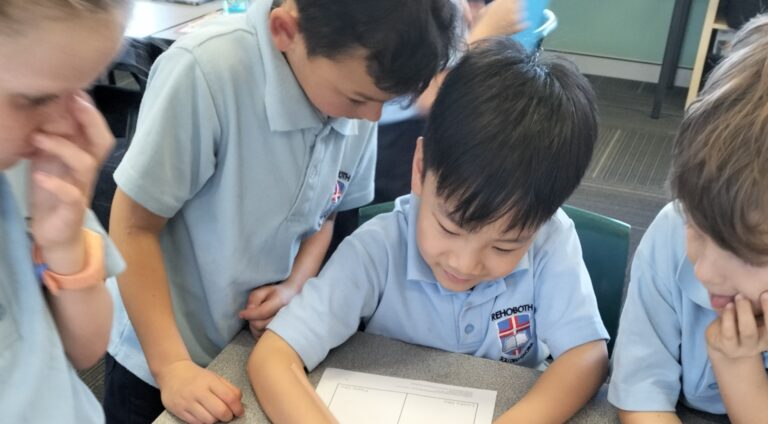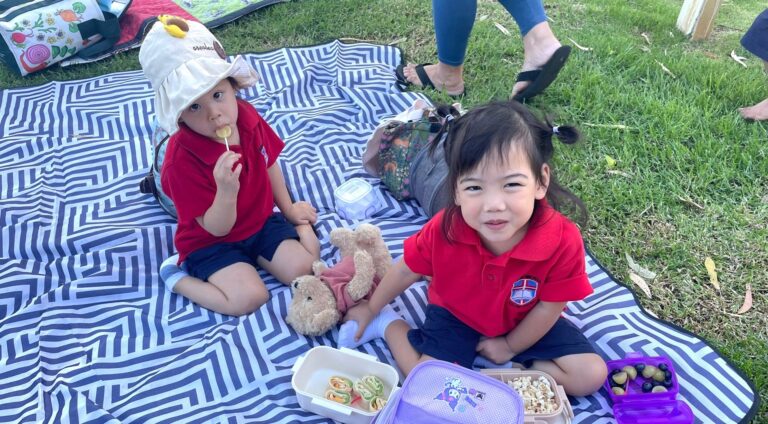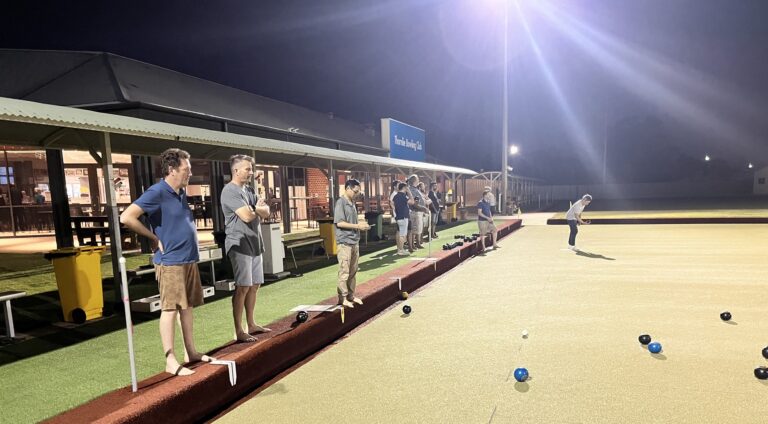Some of the traditional churches in Indonesia use Wayang to help share the gospel to the villagers.
In Term 3, our Year 8 Indonesian students have been focusing on Family. As part of their speaking and oral assessments, they will be participating in Wayang presentations.
Wayang is an Indonesian traditional puppet. The actual meaning of Wayang translates to shadow or imagination. Most of the shadow puppet characters originate from Indonesian history before the 10th century. Wayang shows are common entertainment puppet shows in the Indonesian society, especially in the villages and rural areas such as Java, Bali and Lombok. Did you know that some of the traditional Javanese churches use Wayang to help share the Gospel to the villagers?
On Thursday 19 August, Ibu Elly invited Mr Sofari Hidayat to host a workshop on how to make Wayang puppets. Mr Hidayat currently works with the Indonesian student association, Langen Swara at Murdoch University. Previously, he was part of the Indonesian Consulate in Perth. He has also once taught our students traditional Indonesian music when we visited the Consulate in Term 2.
Instead of using the original Wayang characters, we swapped them with Biblical figures, such as Joseph and his brothers. The students wrote a monologue from the Alkitab (means Bible in Indonesian) for the Biblical figures, with the theme being Family. Mr Hidayat also demonstrated a 3 minute example of how Wayang is performed at the end of the workshop.
After the Wayang workshop, Mr Hidayat stayed back to teach a few of our students how to play Indonesian traditional instruments. They were taught this as part of the Indonesian cultural song and dance item being practised for the upcoming Rehoboth Art Festival.
It was a great cultural and language learning day.



